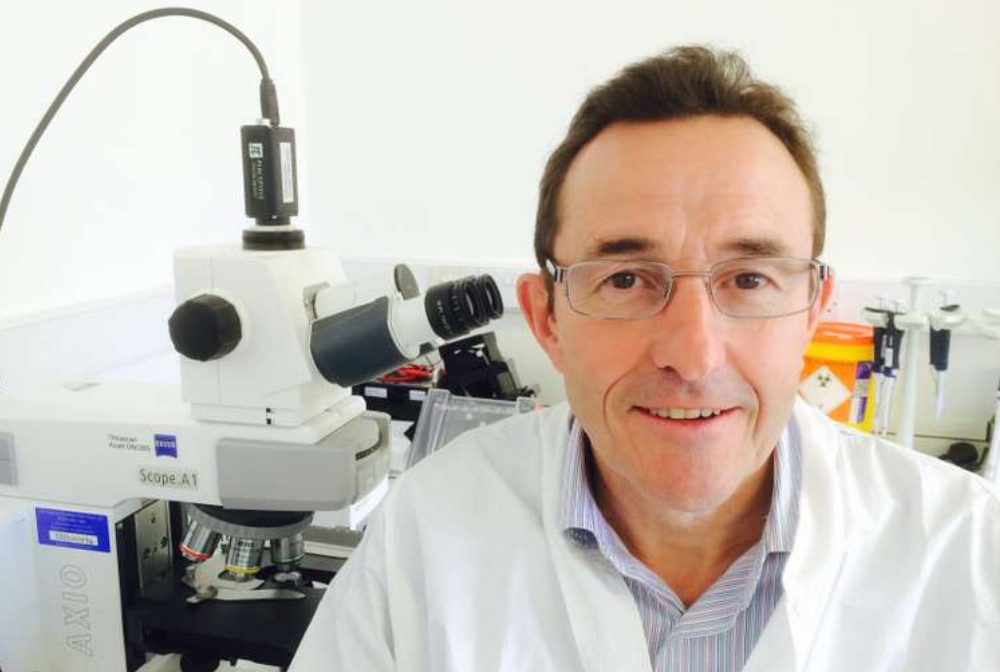Improving Cancer Diagnostics
More
WIN! Enter today to get your biotech idea off to a flying start
Are you an innovative start-up (less than 12 months old) with a business idea that is beneficial to the environment and/or human health?
Heyford Park goes viral
To celebrate International Women’s Day, we wanted to put the spotlight on our Innovation Director Wendy Tindsley. With a wealth of experience in business development and a passion for technology, Wendy supports, inspires and empowers businesses in our centres to reach their full potential.
Biotech growth fuelled by Heyford Park Innovation Centre
A biotech start-up founded in the middle of the pandemic by three neuroscientists is expanding at Heyford Park Innovation Centre thanks to their world-leading expertise and access to shared laboratory space. Oxford StemTech follows in the footsteps of major biotechs to have benefited from the financial savings and flexibility afforded by the Innovation Centre’s unique



